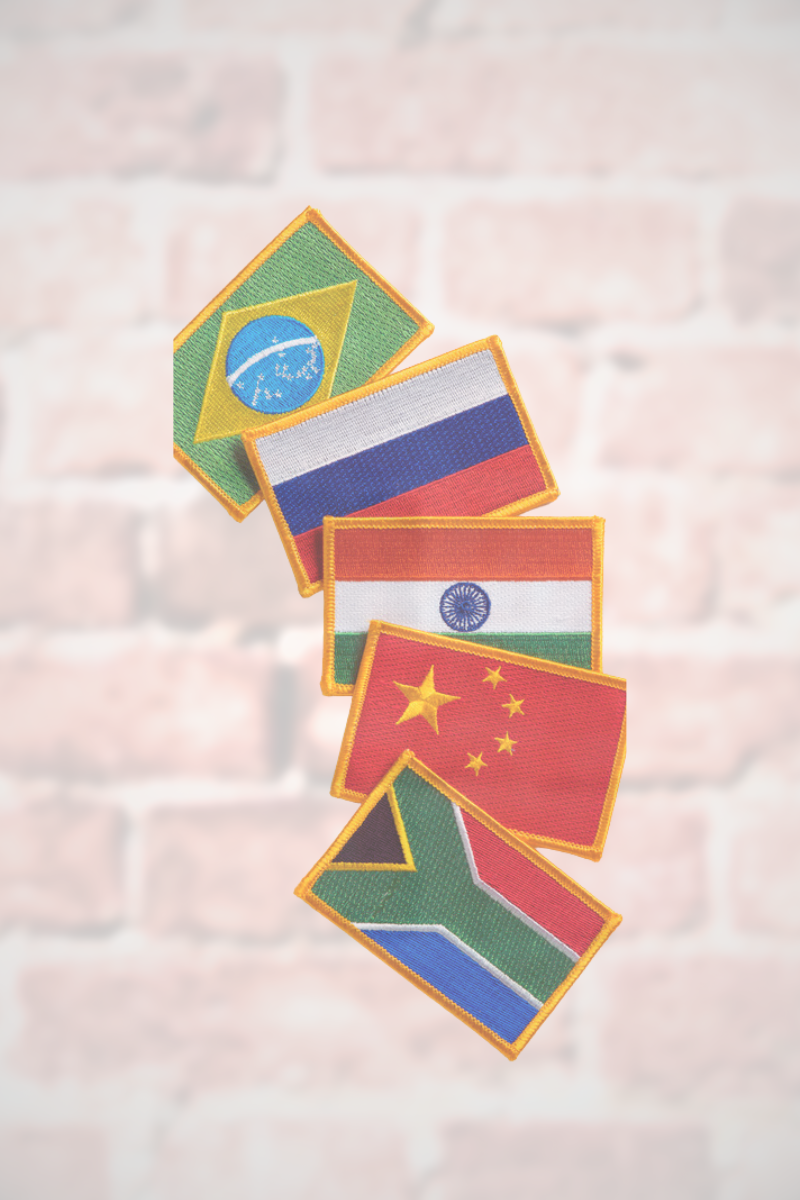Another Bric(k)s in the wall?
Has the world order that was built around the technological supremacy of the United States crumbled?
Column by Francesco Grillo for the Italian newspaper Il Messagero.

"It is a small step for a spider. But a huge leap forward for India'. The leading Indian newspaper could not avoid, a few days ago, paraphrasing the most famous words in history; those uttered half a century ago by Neil Armstrong as he jumped into a crater on the equatorial line of the Moon. And, nevertheless, the Indians overcame the Americans: they managed to land close to the satellite's South Pole: in the area in which a moon landing was considered almost impossible, but also the area in which there could be ice and, therefore, the possibility of a human stay. An extraordinary success that explains how a world order that was built around the technological supremacy of the United States fell apart. A symbol, however, also of what divides coalitions of states challenging ancient hegemonies. And how the West could help the building of a new one of which it accepts that it is no longer the only center.
Only three days before India's triumph, not far from the moon landing zone, the vehicle that should have taken Russia to the moon crashed. Russia has been the first country to have brought its own launch vehicle there in 1959 (when it was still the Soviet Union). Even in the symbolism of the space race, it could not be clearer how the same countries that are part of the BRICS (stands for Brazil, Russia, India, China and South Africa) are at different stages of development.
Russia is isolated, in the hands of a group of oligarchs who are probably no longer even capable to handle the huge nuclear arsenal left to them by the USSR. At the other extreme, India is the largest democracy; the country with the highest number of university graduates in the world and the one to which companies all over the world outsource their IT services; as well as the one with the most advanced public facial recognition system that enables many other innovations.
But strong differences also exist between Brazil and China. Not to mention those between Argentina and Saudi Arabia. Or between the Saudis and Iran who, too, are soon to enlarge the BRICS to make it bigger than the club of seven countries (G7) that lead the West. So what really unites the eleven countries that have decided to represent the 'Global South'? What unites them, apart from what many hastily call 'anti-Americanism'?
Actually, beyond their dislike for the 'firsts in the class' (which is however mixed with the acceptance of an Anglo-Saxon culture that is still dominant in terms of languages and symbols), leaders like Modi, XI Jinping and Lula are characterised by a strong pragmatism. Their alliance, unlike the G7, has the advantage of having a more specific goal: the reform of a financial system that- over the decades- has allowed a regular and massive transfer of resources from the rest of the world to the United States. Which, on their side, played a very difficult role as a lone super power.
The American Central Bank can, in fact, finance the response to crises by issuing currency that does not devalue as the dollar is also 'bought' to settle 90% (according to the Bank for International Settlements) of international trade transactions and as the denomination of 58% of the world's foreign exchange reserves. Of course, this advantage is not imposed by a law but by the reliability of the country that has led the world since 1944: the year a global payments system based on the dollar was conceived at Bretton Woods.
However, you do not have to be 'anti-American' to recognise that this system no longer works. And that, indeed, it is not consistent with the principles of the market economy that Americans have taught everywhere. Since the great financial crisis of 2007, the federal government's debt-to-GDP ratio has more than doubled (from 63% to 107% before COVID; and up to 129% in 2022). For the umpteenth time, only a compromise between Republicans and Democrats has prevented a 'default' and two of the three big rating agencies have already withdrawn the US's top credit rating. Nor does it seem any longer acceptable to have a system - the one born at Bretton Woods - based on institutions such as the International Monetary Fund in whose capital Germany weighs more than India and Brazil put together. Which, by definition, has a European as its managing director; while the Americans always designate the President of the World Bank.
The rest of the world seems no longer willing to finance leadership that no longer guarantees order. Nor to accept leadership that does not reflect the values at stake. Europe and the United States must anticipate a demand for a new world order.
Starting with the issue of radical reform of 80-year-old institutions. And recognising that it can no longer be the only centre. Before being displaced by the emergence of an alternative system to the existing one. A world broken into two or more parts is exactly what the great economist Keynes tried to avoid at Bretton Woods: it would be the opposite of what the rapid crises that threaten to overwhelm everyone demand.

